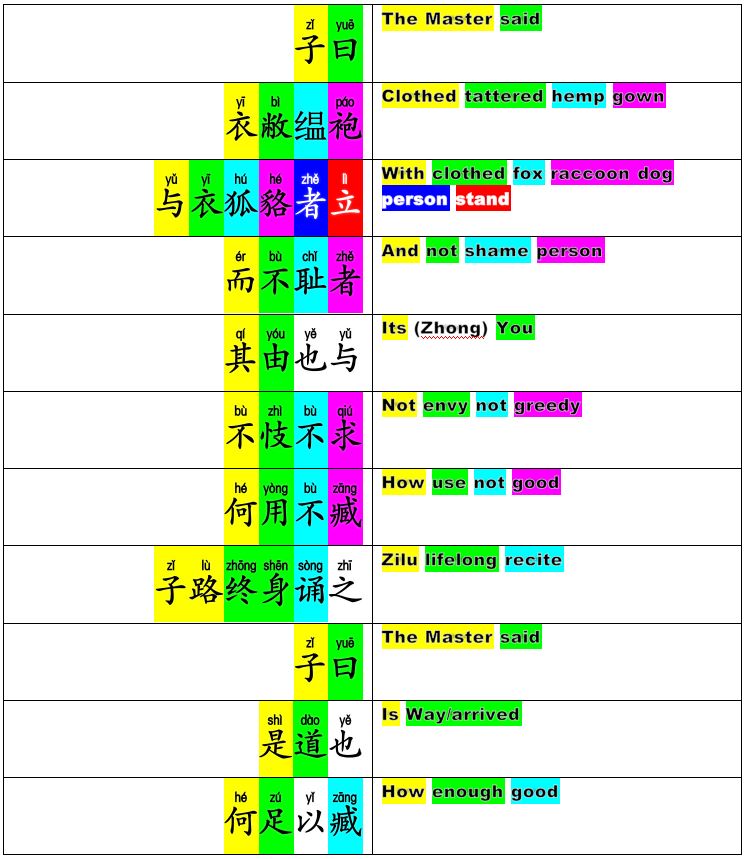Analects 10.1
Original Text:
孔子于乡党恂恂如也似不能言者其在宗庙朝廷便便言唯谨尔
Translation:

Other Translations:
In his village community, Confucius was respectful and circumspect, seeming to be at a loss for words. When in the ancestral temples or at court, however, he spoke eloquently, though always with caution and restraint.
Confucius, & Slingerland, E. (2003). Analects: With selections from traditional commentaries. Hackett Publishing.
When Confucius was among the people of the community, he was mild and deferential, as though he were unable to speak. When he was in the ancestral temple of the ruler or at court, he spoke at length, though always in a circumspect manner.
Confucius, & Watson, B. (2007). The Analects of Confucius. Columbia University Press.









